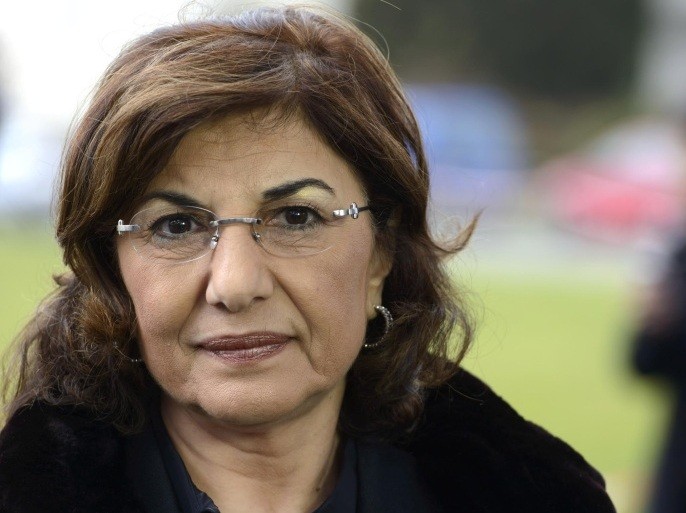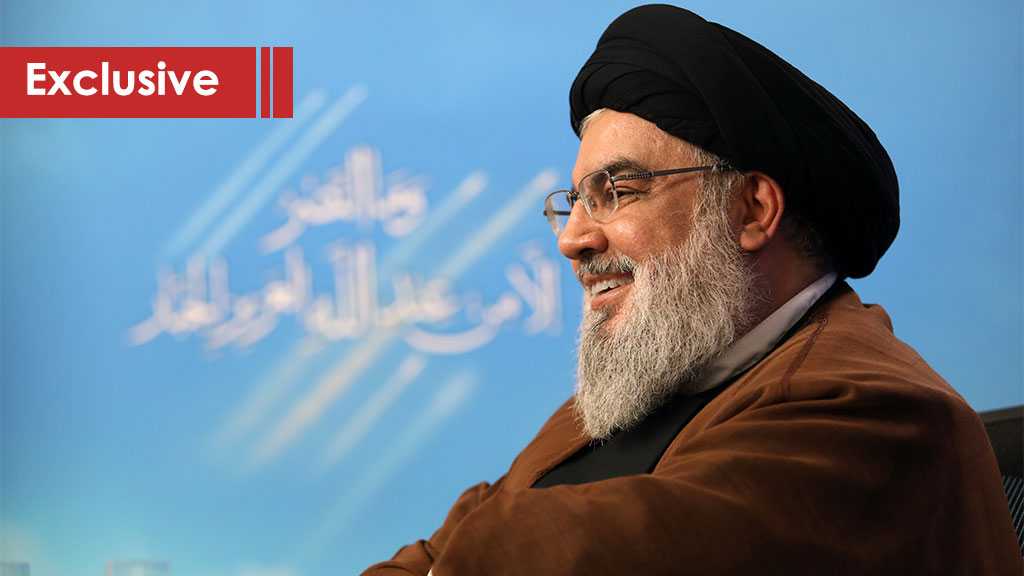All eyes are on Rafah as Israel prepares to mount an invasion to expel Palestinians or decimate them. It is this pivotal battle that will either force Israel into a ceasefire or thrust the region into an all-out, multi-front war.
The temporary truce struck on 24 November between the Hamas resistance movement and the Israeli government could have paved the way toward successive truces and potentially a sustainable ceasefire in the Gaza Strip.
But the opportunity was squandered by Tel Aviv, who viewed the continuation of its genocidal war as a means to reshape Gaza’s political and security landscape under the guise of ‘restoring deterrence’ and mitigating domestic fallout from Hamas’ 7 October Al-Aqsa Flood Operation.
Now, nearly six months since the commencement of what Israel calls a ‘war of survival and existence’ against Gaza, it has become clear that the occupation state’s military aggression cannot unseat Hamas from either the Strip or the broader Palestinian political arena.
The recent flurry of indirect Hamas–Israel negotiations held in Paris, Cairo, and Doha have revealed a stark political reality: Hamas is the primary Palestinian negotiating party where Gaza is concerned. This tacit acknowledgment by Tel Aviv marks the strategic failure of one of Israel’s dual objectives set forth last October, aimed at eradicating Hamas and its allied resistance factions in the Strip.
Bibi’s political interests v domestic backlash
This reality raises questions about the potential pathways available to Israeli Prime Minister Benjamin Netanyahu as he struggles with immense international pressure to stop the carnage. Will he persist with the war on Gaza and risk global pariah status, or will he be compelled to pursue a politically costly settlement? The latter option, it should be noted, will not be an easy fix. It could potentially unleash a storm of domestic backlash within Israel, with various political factions eager to hold him accountable from multiple angles.
Since Netanyahu abandoned the truce in November, prominent Israeli political commentators and even former prime ministers have been surprisingly unanimous in their assessment. They argue that Netanyahu’s decision to prolong the war serves mainly his personal political interests, allowing him to project an illusion of victory while evading political, security, and judicial scrutiny.
Accordingly, Netanyahu’s stance remains firmly opposed to a war settlement. He has instead doubled down on the necessity of eliminating the military capabilities of Hamas and its allies, and is ostensibly pursuing an ‘absolute victory’ through total war.
The prime minister’s roadmap hinges on continuing the ethnic cleansing of Gaza. In this scenario, he envisions the Battle of Rafah as the decisive climax that will definitively render the already terminal ‘two-state solution’ obsolete and permanently sever any ties between Gaza and the occupied West Bank.
The Battle of Rafah thus emerges as a pivotal juncture, delineating two competing trajectories: one driven by regional and international efforts towards a negotiated settlement, and the other dictated solely by Netanyahu’s ambitions.
Regional ramifications and Egypt’s dilemma
This raises complex questions about whether Netanyahu can prolong the war and influence regional and international actors – to buy time, if you will – all while factoring in the delicate balance of power involving Egypt and the wider regional war against other members of the Axis of Resistance.
Indeed, the Battle of Rafah presents a multi-level challenge for Egypt, encompassing political, security, and popular dimensions. Should the Israeli army invade Rafah, it will have significant implications for Cairo’s relations with Tel Aviv, in addition to severely impacting Egypt’s domestic security landscape.
A recent poll by the Washington Institute for Near East Studies revealed that three-quarters of Egyptians view Hamas positively. This popular sentiment influences Egyptian policy regarding potential Israeli actions in Rafah.
On 10 March, The New York Times and Wall Street Journal reported warnings from Egyptian officials on the potential suspension of the Camp David Accords if Israel were to attack Rafah.
Diaa Rashwan, head of the Egyptian Information Service, emphasized the seriousness of Israel’s occupation of the Philadelphi Corridor – a buffer zone on the Sinai–Gaza border designated by the Camp David agreement – stating it poses a grave threat to Cairo–Tel Aviv relations.
Dealing with the potential mass influxes of Gazan civilians seeking refuge and Palestinian fighters crossing into Egyptian territory also poses significant logistical and security challenges. This scenario also raises questions about the Israeli army’s potential incursions into Egyptian territory and how the Egyptian military would respond.
Moreover, any intensification of pressure on Rafah or a full-scale Israeli invasion will lead to widespread regional ramifications, potentially including the unraveling of the Abraham Accords. The Axis of Resistance has made it clear that the elimination of Hamas is unacceptable and, if threatened, may trigger a regional war.
Complicating matters further is the lack of substantive US pressure on Israel to halt its actions in Gaza. While the Biden White House seeks a ‘credible operational plan,’ it has not unequivocally opposed an attack on Rafah. This ambivalence enables and even emboldens Netanyahu to continue his military operations.
Rafah could reshape the region
Regardless of the outcome of the Battle of Rafah, both Israeli and US perspectives interpret it as a campaign directed against Hamas, which they view as an extension of Iranian influence in the region. This narrative aligns with what Thomas Friedman, writing for the New York Times, referred to as the new “Biden Doctrine,” which emphasizes confronting Iran and its allies in West Asia. This marks a significant shift in US strategy since 1979.
The convergence of US and Israeli interests casts suspicion on ongoing efforts to bring about a long-term ceasefire, with all eyes focused on the current round of talks in Doha. Amos Harel, writing for Haaretz, frames the discussions as a race toward either a negotiated ceasefire or a potentially expansive regional conflict involving multiple fronts.
Yemen’s Ansarallah movement, which last week expanded its naval operations into the Indian Ocean, has issued a stark warning against a Rafah invasion, threatening a sharp escalation in both sea and air operations, including the closure of the Bab al-Mandab Strait.
Similarly, the Lebanese front remains sensitive to developments in Rafah. Despite the northern front’s expansion since the onset of 2024, recent Israeli attacks targeting Baalbek, over 100 kilometers from the southern border, suggest Tel Aviv’s misguided willingness to escalate.
This possibility could spill over into reality if Israel invades Rafah, as the occupation army may resort to preemptive actions to mitigate perceived threats from Lebanese resistance forces.
Overall, the Battle of Rafah will likely reshape the regional conflict, adding new layers to existing pressure fronts. Importantly, it challenges the notion that Hamas stands alone, abandoned in Rafah, as various regional actors, including Iran and its allies, are closely watching and prepared to intervene.
The views expressed in this article do not necessarily reflect those of The Cradle.
Filed under: "Israel", Egypt, Palestine, Palestinian people | Tagged: All out war, Baalbek, Bab al - Mandab Strait, Benjamin Netanyahu, Camp David, Hamas Resistance movement, Indian Ocean, Palestinian factions, Philadelphi corridor, Rafah Invasion, The axis of defeated, The District of Rafah, Thomas Friedman, Truce deal, US President Joe Biden’s administration, Yemeni Ansarullah | Comments Off on The Battle of Rafah: a short step to regional war






































